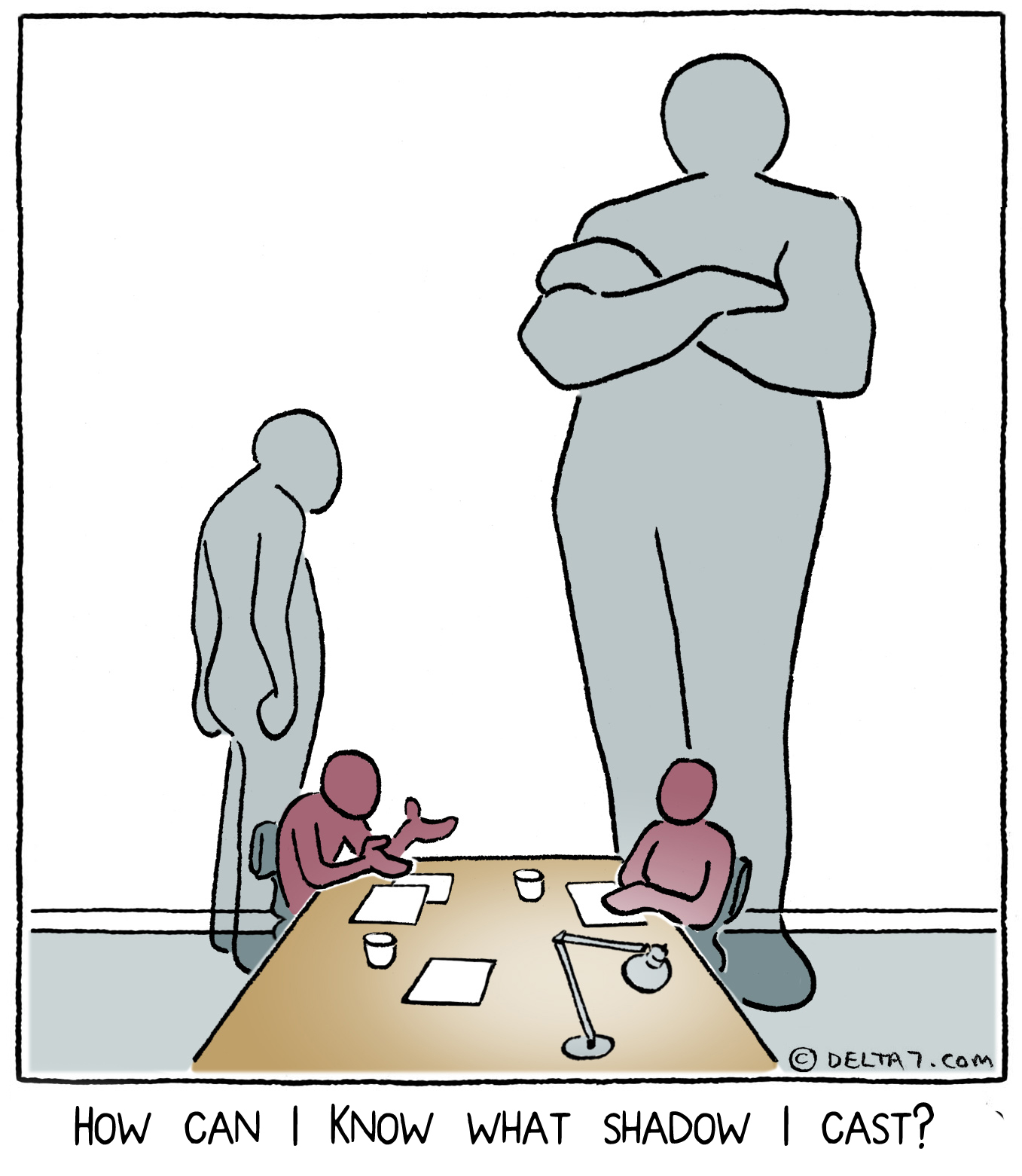Do relationships matter in the work place? Relational leadership - rethinking organisational change through the lens of relationships
julian burton
Bristol Leadership and Change Centre, University of the West of England
Elinor Rebeiro and Julian Burton, Delta7 Change Ltd.
Date: 06 December 2017 Time: 14:00 - 16:00
Venue: Room: 3X110, Bristol Business School, Frenchay Campus
At this workshop we want to show that the quality of interpersonal relationships is central to the wellbeing, performance and success of every organisation. This is why we believe that leaders can’t afford not to focus on building relationships as the central theme in leadership development programmes and organisational development work. We would like to use this session to share our perspective on relational leadership and shine a light on some of the unexamined assumptions we believe are maintaining cultures of disconnections and getting in the way of creating more human organisations.
As practitioners we find ourselves enveloped in our client’s worlds. Their worlds are without doubt messy and complicated as they continually strive to achieve something different, something better. We find many leaders are experiencing more complexity and uncertainty in their role leading change, and it’s getting harder to resolve the wicked problems facing their organisations with traditional management practices. Many people feeling stuck, overworked and exhausted.
What's not working?
For example, most organisational cultures we work in don’t seem to have an emotional climate that nurtures experimenting and innovating new ways of working, yet there are strong intentions to move away from command and control and create more collaborative ways of working. The dominant view of management is that work is done transactionally by individuals (Hartling, L. and Sparks, E., 2008); yet the collaborative, interactive nature of organising and coordinating mutually interdependent tasks and roles means that effective working relationships are what gets things done (Fletcher 2001).
We care passionately about how theory and practice can inform each other and how to combine the two things together to make them meaningful and productive for our clients. Yet we are noticing that theory still seems pretty far ahead of the reality of practice in organisations. What we are making sense of is how to connect theory and practice in a way that helps organisations but doesn’t put them off the possible innovations that can emerge from this praxis.
We will also engage in some experiential exercises to explore the different ways we can relate to each other at work and discuss how that can illuminate the direction that leadership development might need to take in order to more fully support organisations to thrive.
When was the last time you discussed your relationship with another at work?









